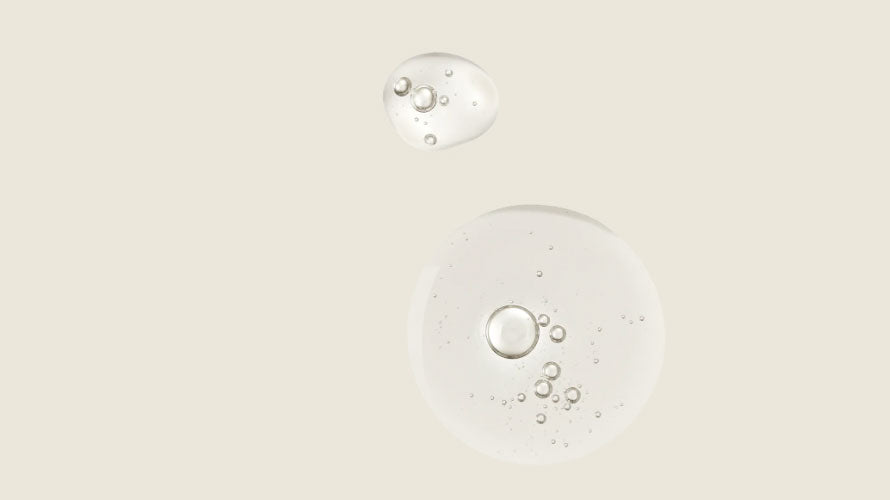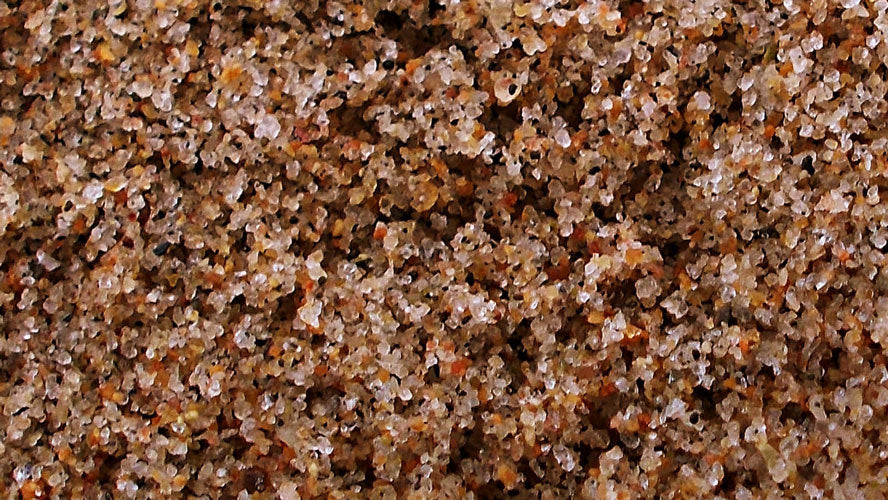With citric acid you can expect an excellent active ingredient that is originally obtained from lemons. In foods, citric acid produces a sour and very interesting taste. Citric acid is not only used for consumption, but also as a positive addition to your skin. Citric acid is very popular as an ingredient in numerous cosmetic substances. For this reason, in this article we will show you in more detail how the acid can be used.
What is citric acid and how exactly does the acid work?
Basically, citric acid is an energy-rich intermediate product that is used in many areas due to its effects. One of the advantages is the quick and easy solution of the prism-shaped crystals in alcohol and water. As a new and very popular ingredient, the acid also makes a good impression in cosmetics to relieve the skin.
Citric acid makes an extremely good impression both in the medical sector and in cosmetics. Not only does it have an antioxidant effect, it also prevents blood clotting and helps preserve the blood in the body. The acid has already established itself as an active ingredient in some medicines and has a proven effect. In addition, citric acid can be used optimally in many other areas and fields.
The acid is suitable in these areas of application
As already mentioned, citric acid plays a role that should not be underestimated in foods and other everyday items. For example, it is suitable for descaling taps or pots, but is also used in the medical sector. In addition, the acid is used as an ingredient in lemonades and fruit juices, where the active ingredient is convincing.
However, one of the most important uses of citric acid today already concerns cosmetic products in which the acid develops its cleansing effect. Even if citric acid is not completely undisputed as an active ingredient in your cosmetics, the high effectiveness of the product cannot be hidden. The ingredient is often used in cosmetics to regulate the pH value of the skin and improve the feel of the skin. But how exactly does it work?
The specific properties of the acid for skin care
Lemons have been used in skin care for many years because of their properties. The high vitamin C content of citric acid also contributes to the positive effect on the skin. One of the most common uses is to cleanse the skin, as the production produces a very strong acid. This in turn is suitable for caring for your skin and can remove materials such as calcium without much effort. Citric acid is therefore usually used in diluted form. The ingredient also has the following effects on your skin:
- Treatment of blackheads and pimples on the skin
- Gentle and supple effect on your skin on the face
- Simple treatment of warts and calluses
- Indirect smoothing of the skin by removing minerals
- Regulating the pH value of your skin for more structure
Even though the effect of citric acid can be good when treating your skin, caution is advised when taking this step. Especially at high concentrations, the acid in your cosmetics can have a very aggressive effect and damage sensitive skin. For this reason, when using citric acid in cosmetics, pay close attention to the details of the concentration. This way you avoid the cosmetics contributing to inflammation.
Can citric acid also be harmful to the skin?
If you use cosmetics with citric acid as an ingredient correctly, nothing will stand in the way of a harmful structure. One of the few problems is the high aggressiveness of the acid, which can be harmful if used in the wrong areas. The acid dissolves minerals from the skin, but also from the teeth, which attacks the natural tooth enamel. For this reason, make sure that the citric acid does not come near your teeth. Apart from that, there is not much to consider when it comes to citric acid as part of your cosmetic products.
Various applications outside of the cosmetics industry
Since citric acid is a very popular preservative, the substances can also be used in food. Only with coated packaging can parts of the coating combine with the acid and end up in the food. What does not become a problem when using citric acid in cosmetics should always be taken into account when dealing with food. This way you are prepared for the effects of the remedies.
It is therefore important to use it as carefully as possible, especially when artificially enriching citric acid. If possible, test your cosmetics to see how the acid works in conjunction with your skin and what you need to pay attention to. This way you can ensure that your skin tolerates the acid well, even in this concentration, and that the positive effects outweigh the negative effects.
Further details about the many cosmetic ingredients
Since citric acid is partly produced synthetically, the acid cannot always be based on the natural active ingredients of the lemon. Therefore, check more closely how the acid in your cosmetics was produced and what steps have already been taken. You can rarely do without chemical processes completely. If the use of organic and purely natural products is important to you, please take a look at the many other ingredients.




